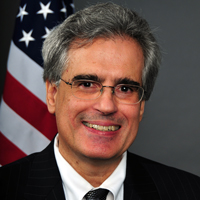
Facebook, the JOBS Act, and Abolishing IPOs
The following comes to us from Adam C. Pritchard, the Frances and George Skestos Professor of Law at the University of Michigan Law School.
A two-tier market system would go a long way toward promoting capital formation and curtailing speculation.…
 Sky Blog
Sky Blog










